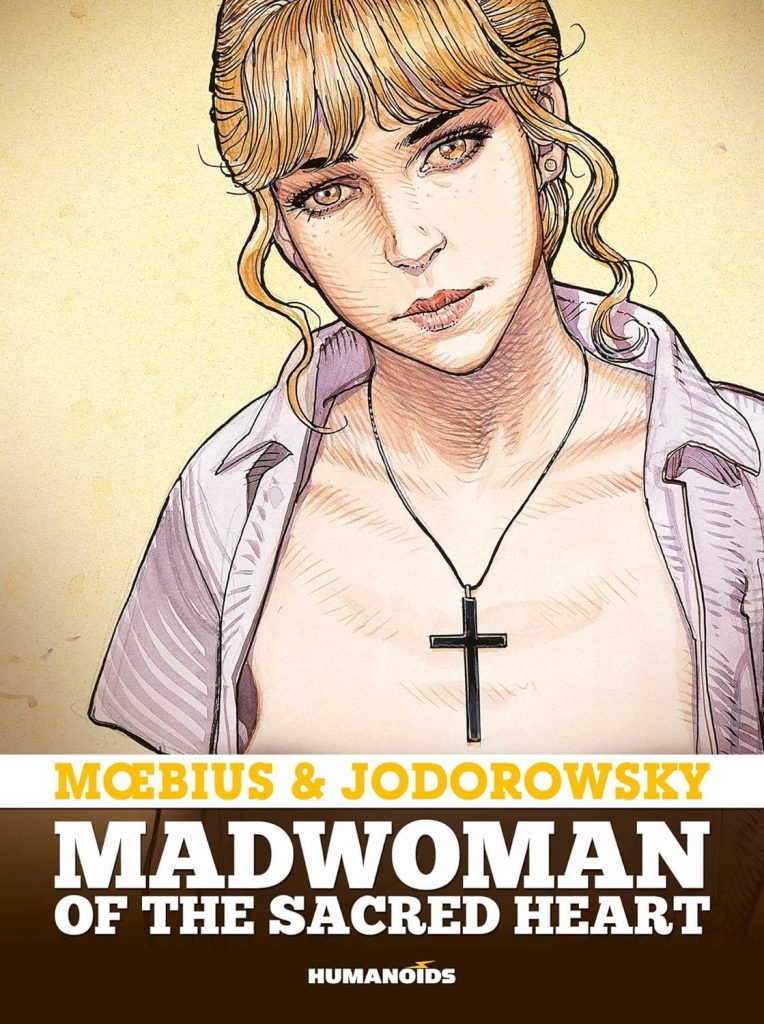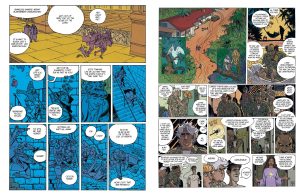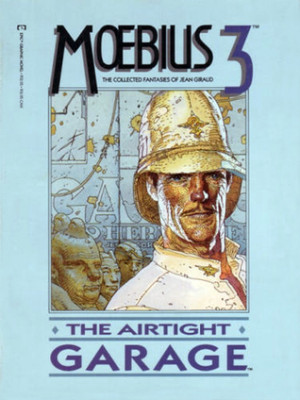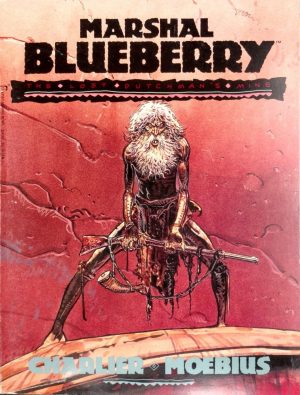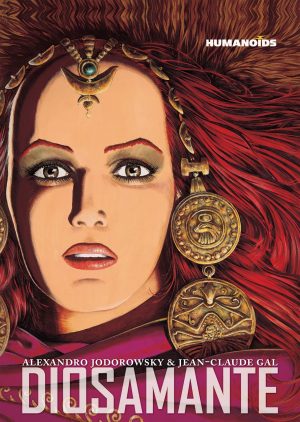Review by Ian Keogh
Alan Mangel has a considerable reputation, but not just for his advances in philosophy, but also for always wearing shades of purple. He’s a cold fish, emotionally withdrawn and answering adversity with philosophical statements, but also much admired by his students, who’ve taken to wearing purple themselves. However, when his wife serves divorce papers at his birthday party, then goes on to deliver a speech excoriating him, it’s as if the scales drop from people’s eyes, and most turn against him.
A student named Elizabeth, though, not only remains faithful, she has a vision that just like Biblical characters bearing their names, they must consecrate a relationship on holy ground, in this case the Church of the Sacred Heart, and the prophet for a new messiah will be born. Also relevant is that Mangel’s apparent serenity actually conceals turmoil, as he constantly battles to prevent the tearaway he was when younger re-emerging.
Alexandro Jodorowsky’s work is insanely creative and reflects a prodigious intelligence in exploring areas no other writer of comic stories would head towards. In this case it’s the confidence to not only have a professor of philosophy as a leading character, but also to have him engage in credible debate, although quotes in passing are also employed. However, integral to adult comics for Jodorowsky is dealing with sex, and in his world women are all too often submissive or victims, and here the very title refers to Elizabeth as a madwoman. The situation is a little more nuanced, as this is fiction, so part of the narrative is the reader having to consider whether or not she’s delusional. One of the lesser aspects is how easily she manipulates Mangel.
Moebius has signed Madwoman of the Sacred Heart under his alias, but the art actually owes more to the storytelling skills he honed as Jean Giraud. Precisely detailed and fully populated locations and well considered expressions tell the bonkers story, the rooting in reality strengthening the illusion. Moebius’ finer qualities are extensively praised, but have you ever considered how good he is at designing memorably distinctive people? He’s most like the traditional Moebius on the final book of the trilogy, completed five years after the second, with cartooning more apparent. However, he also seems on a mission to pack the pages with panels when presumably not limited by a specific page count. The third book would have looked a lot better with the same number of pages allocated to the others, allowing for decompressed storytelling.
Absurdity is part of Jodorowksy’s arsenal, and this is a bonkers story with funny moments as Mangels is transformed, such as the speech to those queueing behind him when his credit card is refused at the supermarket till. Even the repetition of his crapping his pants is given a psychological significance, and frequent miracles are beautifully timed, revealing Mangel as a man without faith despite his intellectual standing.
While the first couple of books as originally serialised just about hold together, the third falls to pieces, the joke over-extended and the farce predominating. It is true to the theme of a spiritual journey, but isn’t greatly satisfying.
In 2023 Madwoman of the Sacred Heart was issued in a new hardcover edition combined with Jodorowsky and Boucq’s Twisted Tales.
